The EU should negotiate with the USA on tariffs, but also has the right to respond to them

Strasbourg – The tariffs on European goods and cars announced on Wednesday by U.S. President Donald Trump resonate strongly among Members of the European Parliament (EP). Several Slovak MEPs expressed their views on this topic during the EP plenary session in Strasbourg for TASR.
EP Vice-President Miriam Lexmann (EPP/KDH) criticized the Slovak government for not having any plans prepared for the introduction of U.S. tariffs on cars and for acting too late. Regarding the EU, she stated that it does not know how to communicate with the United States.
“We forget that Trump primarily protects the interests of his citizens. Our response, that we will reconsider and see that we will also impose some tariffs, is not an answer. We need to offer the U.S. something where we can agree, where we have common interests. There could be talk of reducing those tariffs, not imposing them, negotiations are necessary. The European Commission is not doing this, it is failing here,” she explained. According to her, the EU and the U.S. could find common ground, for example, in reducing dependencies on China, where Americans do not feel that the EU is offering them any cooperation.
Katarína Roth Neveďalová (independent/Smer-SD) clarified that it will now be up to the EU to set the rules of the game. “I believe that this can be changed and that these tariffs and various restrictions imposed by the United States can be changed or somehow lifted, as has happened in the past. We have had tariffs with the United States before, and they were lifted or suspended both by the Union and by the U.S., so we are again in a similar situation,” she stated.
Ľudovít Ódor (RE/PS) claims that the introduction of tariffs is bad news for everyone, including Slovakia. He believes that there is still room for negotiation with the Americans and some concessions from them. If not, then customs countermeasures on goods and services should be introduced to also hurt producers in the U.S.
“It is very unpredictable. We must also focus on other geographical areas and how Europe opens free trade agreements with Latin America, India, and other countries to maintain the capacity we have,” he said, referring to car production in Europe.
He stated that if foreign conditions for Slovak car manufacturers are not favorable after the introduction of tariffs, the government should do everything possible to create a better business environment for them at home and better opportunities to seek markets for their production. In other words, if large car manufacturers reduce production and employee numbers elsewhere, it should not affect Slovakia.
Ľubica Karvašová (RE/PS) pointed out that Trump’s blanket tariffs, including those on cars, are not “Liberation Day,” but rather “Inflation Day,” which applies especially to Americans, as well as to European companies and their employees. She considers the figures presented by Trump to be unrealistic. She reminded that the EU imposes tariffs on American goods at a level of 1-2% and not 39% as suggested by Trump’s table.
“From today, there are also 25% tariffs on cars, where Slovakia is one of the most vulnerable countries in the EU,” she stated. According to her, the countermeasures that the Union will present on April 13 should be in the spirit of unity among member countries and protect European citizens and companies. She also considers it appropriate to continue negotiations with the U.S. to prevent an escalation of tariffs and prices. (April 3)
“We need to offer the U.S. something where we can agree, where we have common interests. There could be talk of reducing those tariffs, not imposing them, negotiations are necessary. The European Commission is not doing this, it is failing here.” Miriam Lexmann




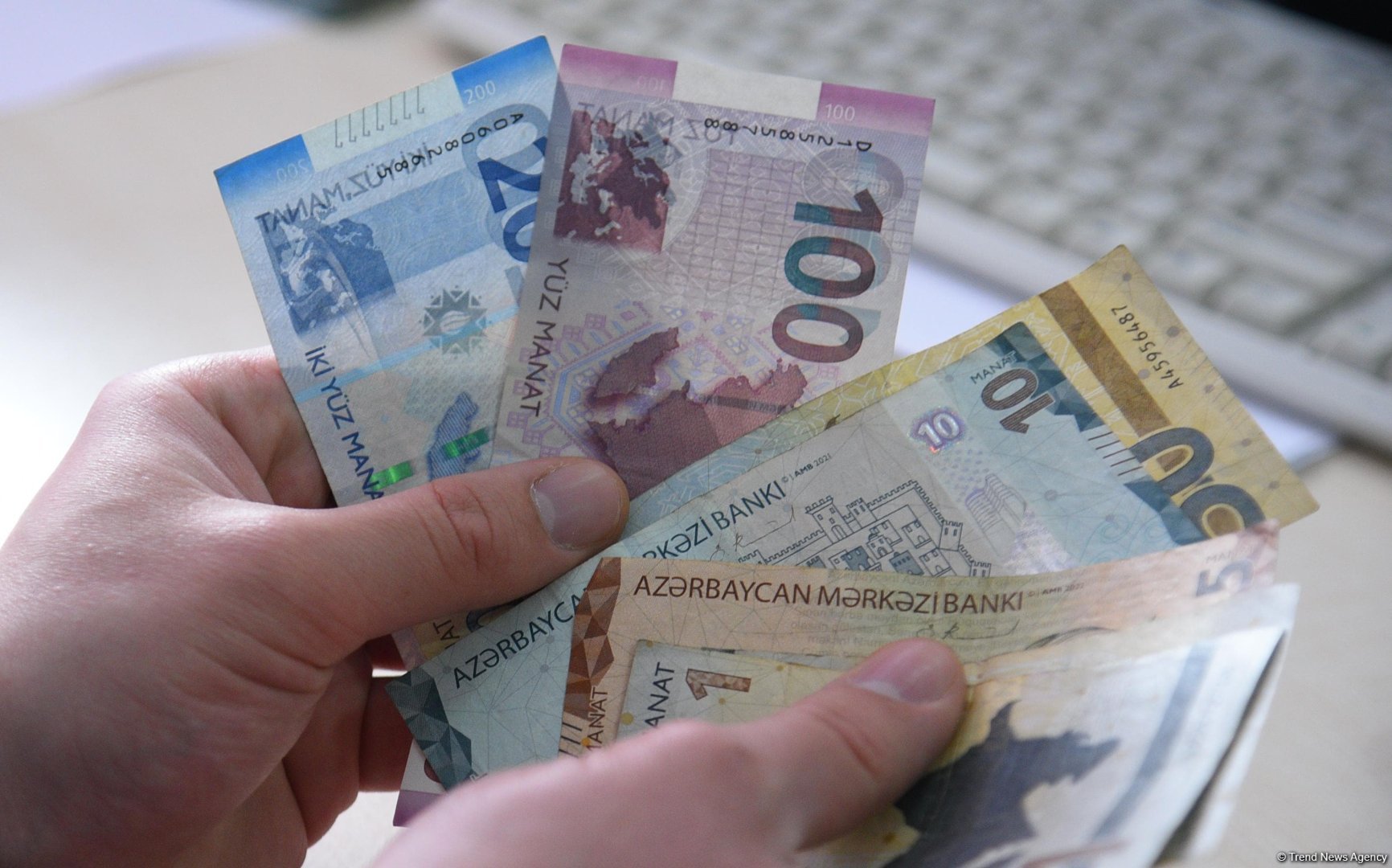



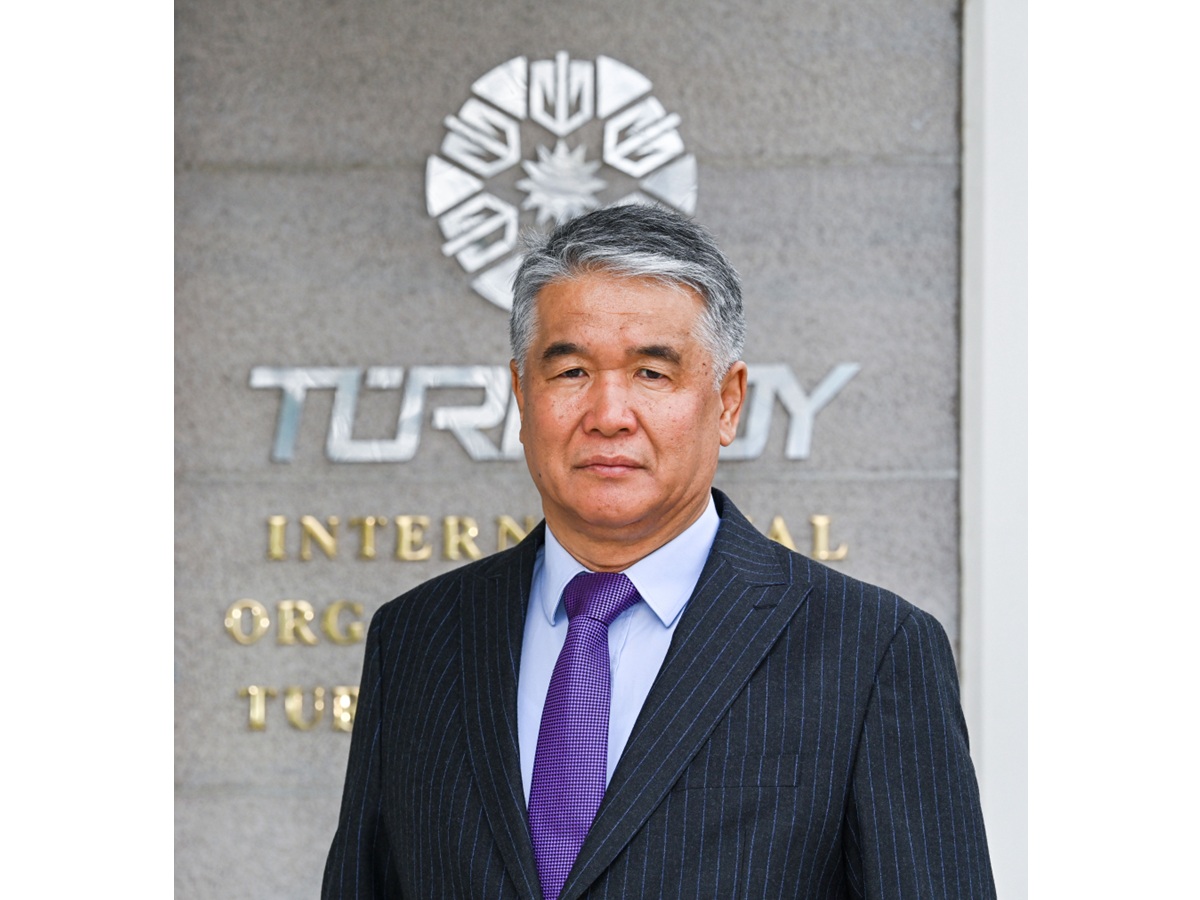























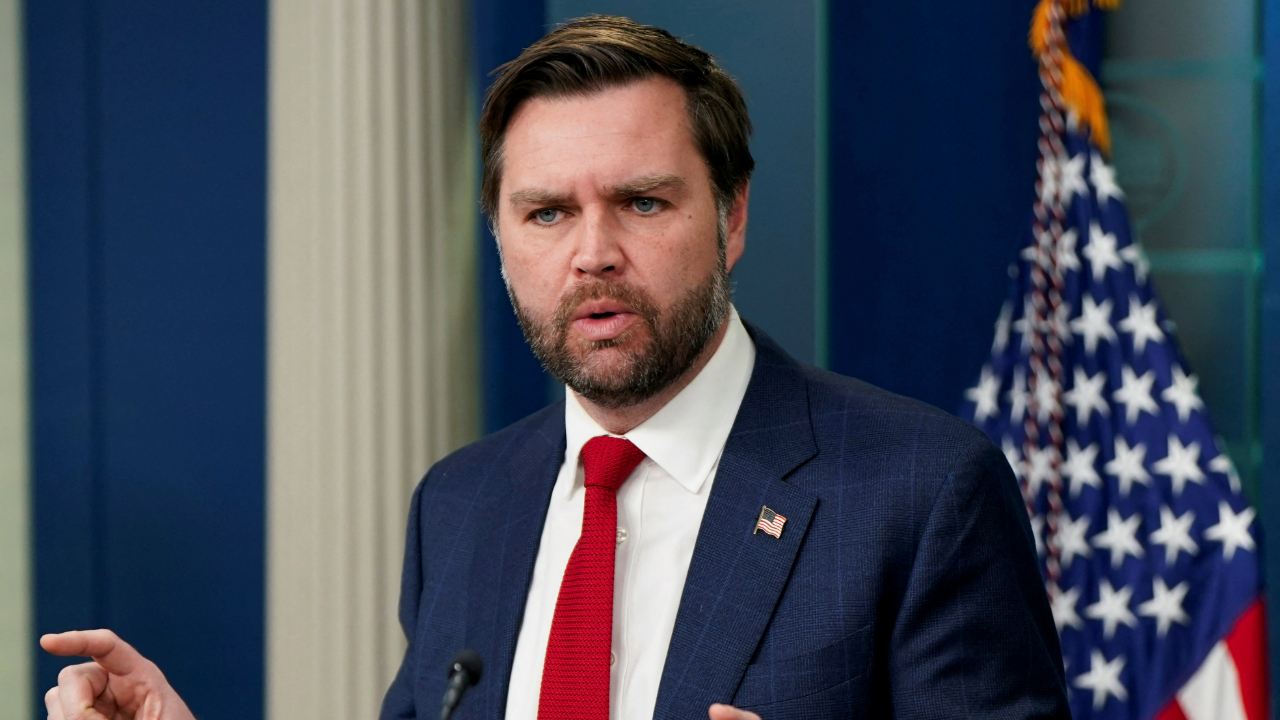
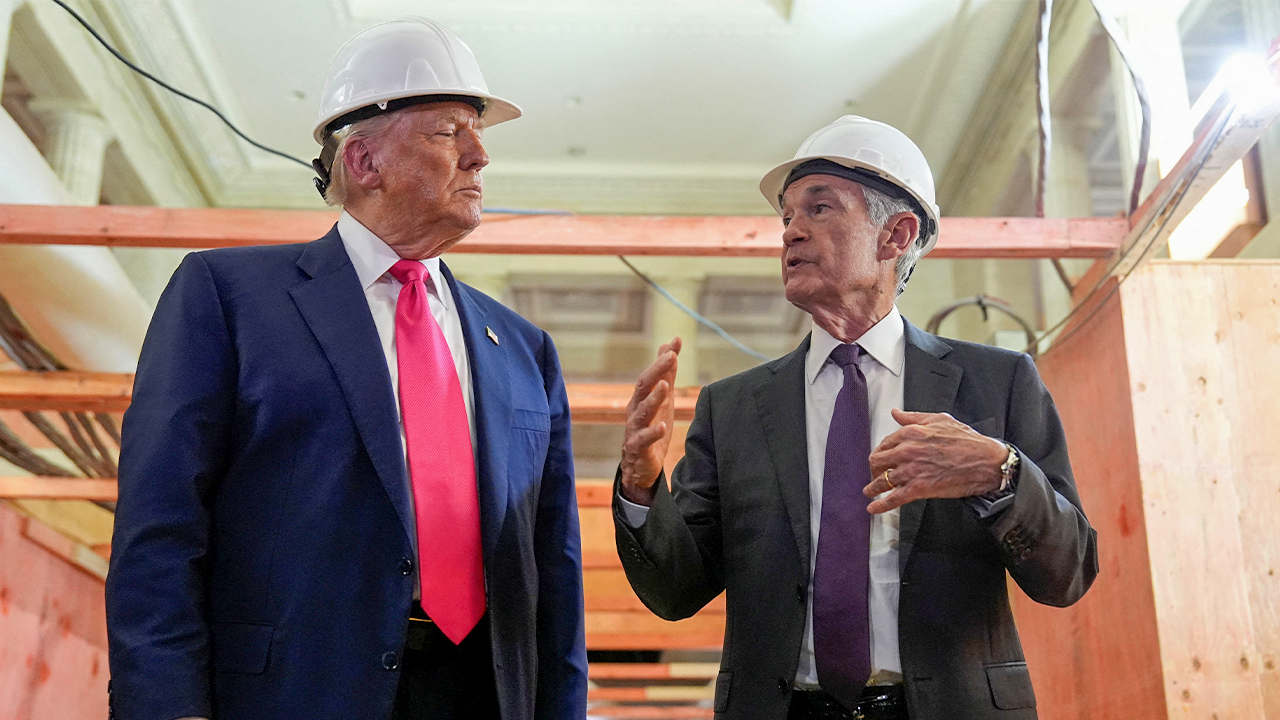
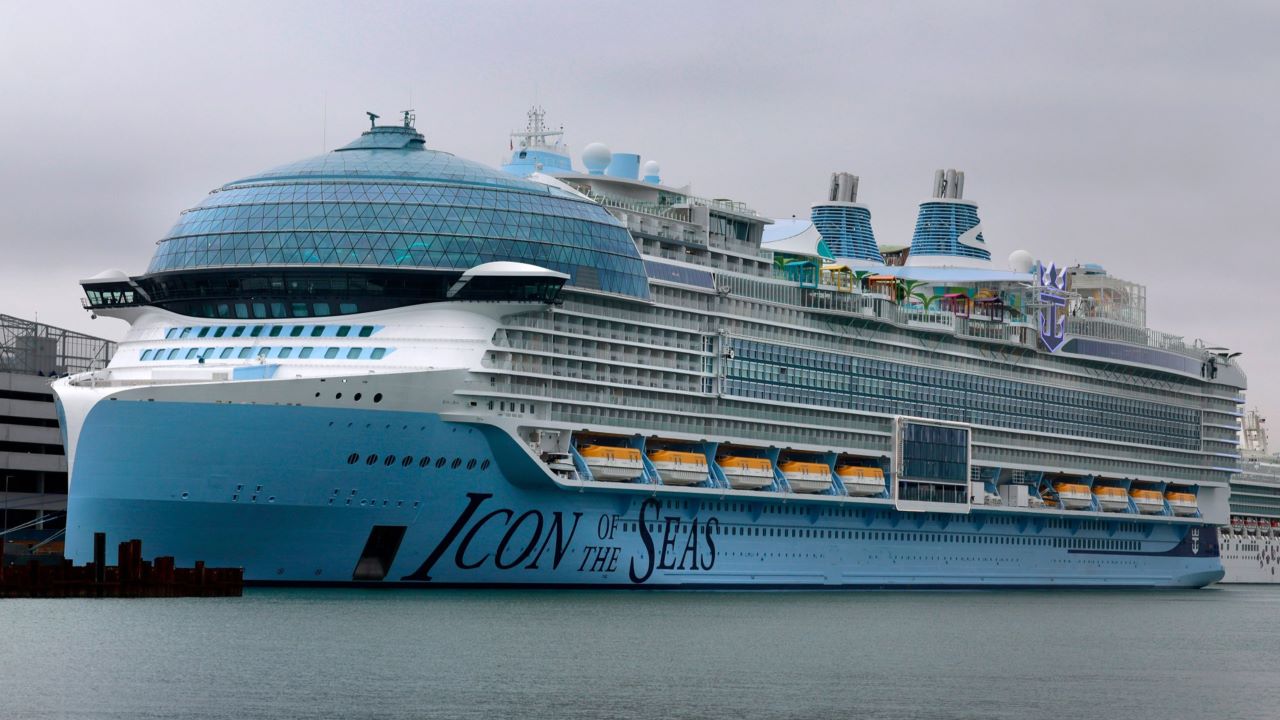


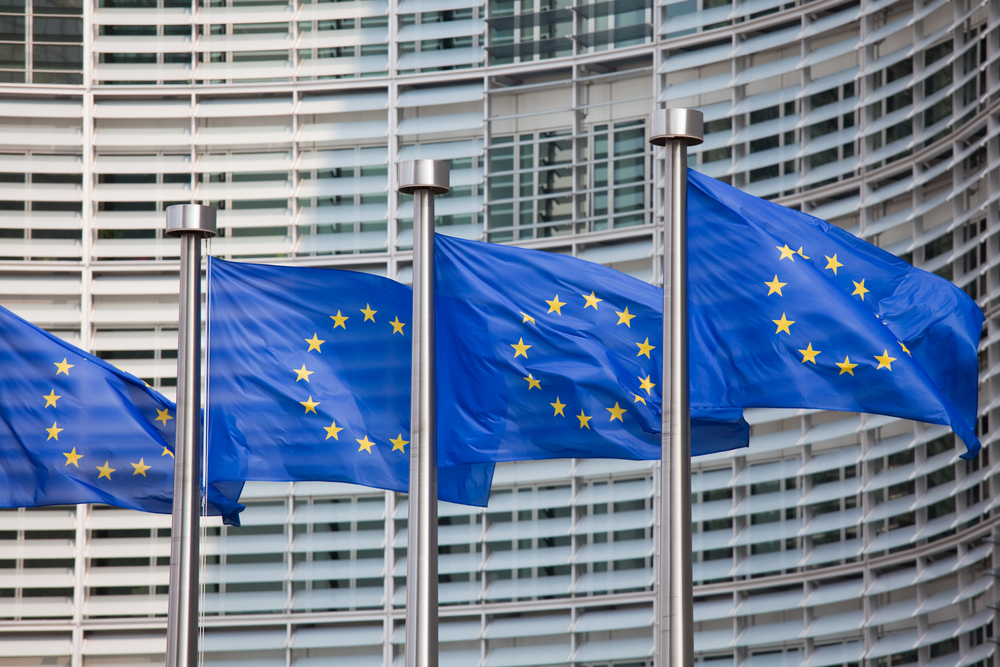


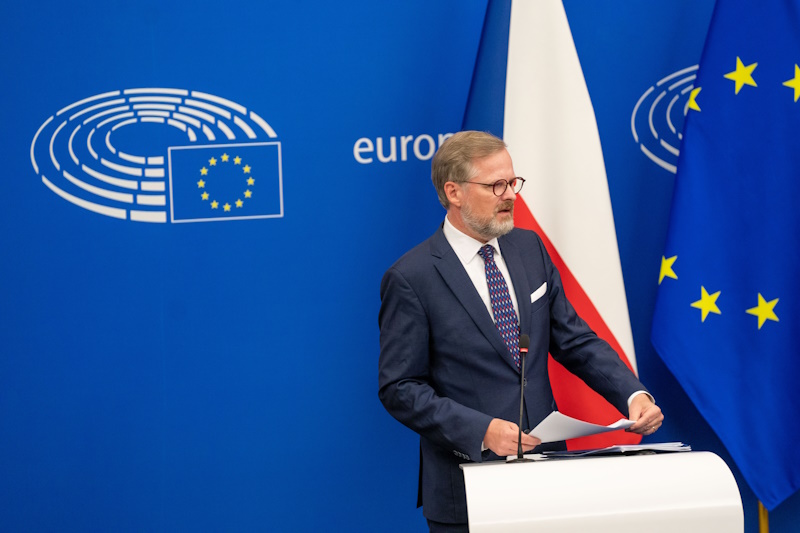

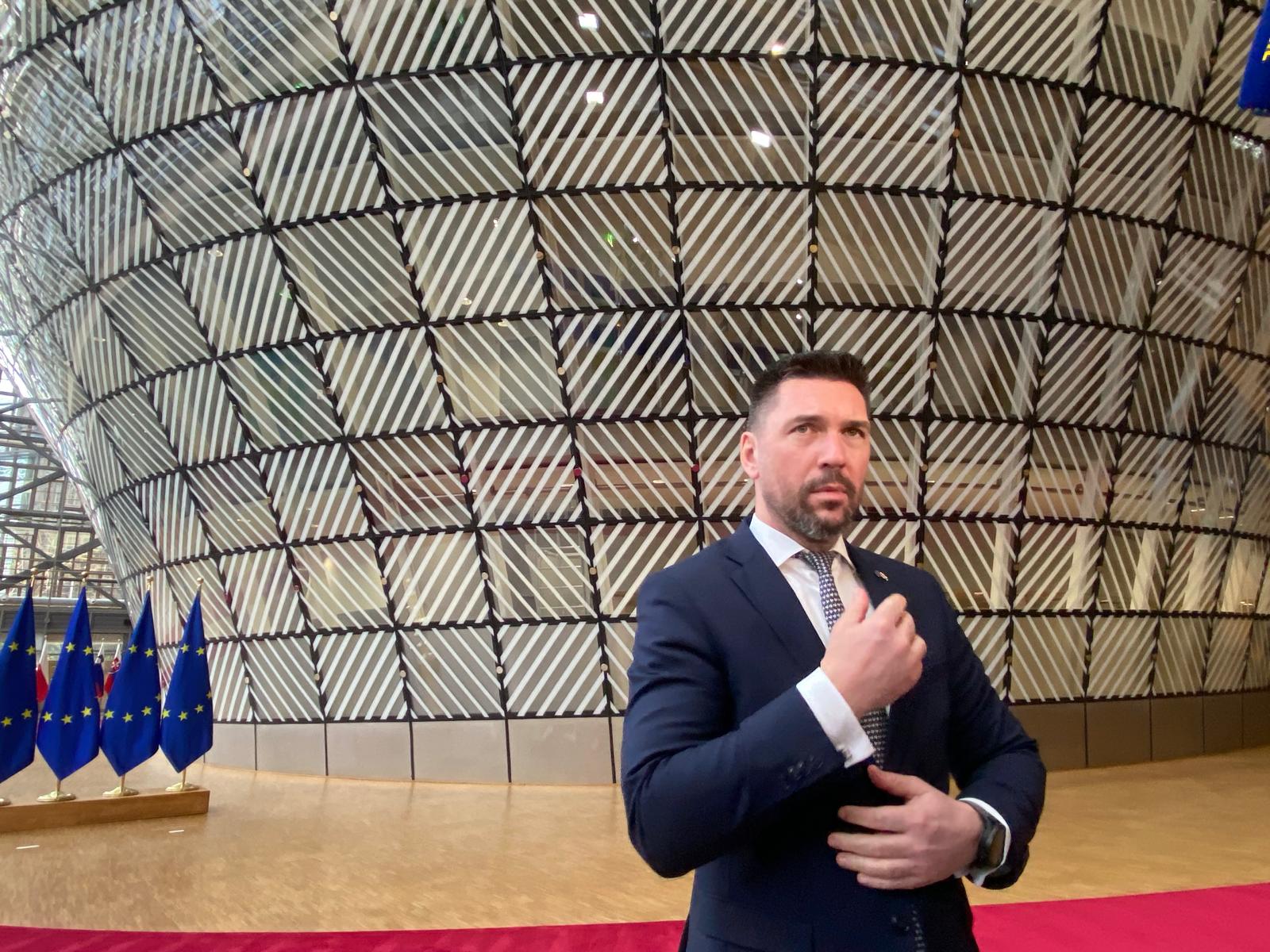


.png?Expires=1838763821&Key-Pair-Id=K2ZIVPTIP2VGHC&Signature=IO0~CT3pU-TcxGc~yoZSmoQx23MZVuK-~4jSii~NKEblRmyO3el7NXPu~Rh1o23voASg7hlcHLw4kvQuDK1jssEhcjoNBBvEpZ~GGOAU6yosBhpHpeF179F~h7i6VxmsBNh9gtTutkoqY73O2YCFey~IAqSzKbBqETP1kP9cAg1916Z1YkJJs-5MliMrkZ5d7-mWGLbpHp2wGj2VlMph8XzYlL4~y1O7fB~JdIS~Rs4RMRs2x0WT1qUIpHAsf3GdwtOyAmKFSpIg8xCyNGZZ5h~13nXlmpd7uPvW8tBfttpG9pFTqcway-uch5WyfHOEfi7UlJCOWrr6fCYY5PMgSg__)







